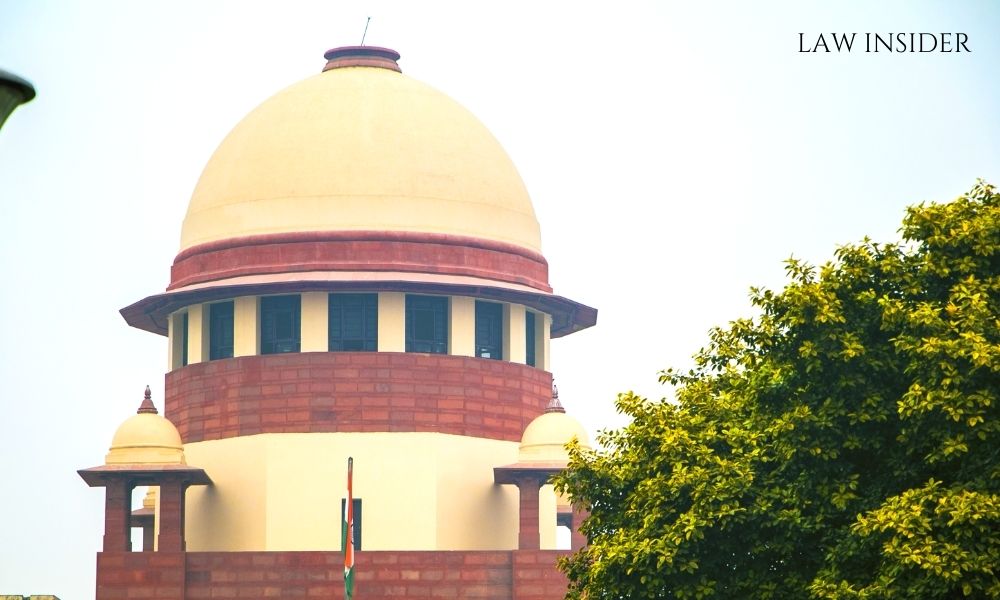LI Network
Published on: 09 August 2023 at 11:25 IST
The Supreme Court has clarified that employees working within nationalised banks cannot seek protection under Section 197 of the Criminal Procedure Code (CrPC).
The court’s decision comes as a response to a case involving an Assistant General Manager at the State Bank of India’s Overseas Bank in Hyderabad, accused of conspiring to facilitate a fraudulent corporate loan.
The court stated that the safeguards provided by Section 197 CrPC, which shield public servants from legal action, do not extend to nationalised bank employees.
Section 197 CrPC is applicable only when a public servant’s employment is contingent on government sanction for their removal from service.
The bench of Justices B R Gavai and J B Pardiwala held that the accused in this case did not hold a position immune to termination without governmental consent, making Section 197 CrPC protection inapplicable.
The accused Assistant General Manager allegedly conspired with others to grant an unauthorized corporate loan of Rs. 22.50 crore to M/s Sven Genetech Limited, Secunderabad, leading to the filing of an FIR under relevant sections of the Indian Penal Code.
Despite seeking the quashing of the FIR, the accused’s plea was dismissed by the Telangana High Court.
During the appeal before the Supreme Court, the accused raised two principal issues. First, whether his position as an Assistant General Manager fell within the scope of Section 197 CrPC protection, and second, whether the Special Court (CBI) could proceed with the case even without the record of Section 19 of the Prevention of Corruption Act, 1988 sanctioning his prosecution.
The court addressed the first concern by emphasizing that even though nationalised bank employees are considered public servants, Section 197 CrPC does not apply to them unless their employment is contingent upon government approval for dismissal. In this context, the accused’s position did not meet this criterion.
Regarding the second issue, the court emphasized that there is no universal rule necessitating prior sanction under Section 19 of the Prevention of Corruption Act, 1988 for every case involving a public servant.
For offenses not exclusively governed by the Act, the court has to examine the connection between the act committed and the official duties of the individual.
If the act is connected to the discharge of official duties and not a cover for illicit actions, the protective provisions of Section 197 CrPC would apply.
The court’s ruling in this case establishes a clear distinction between the applicability of Section 197 CrPC protection for nationalised bank employees and highlights the necessity of assessing the nexus between an act and official duties in cases involving public servants.

